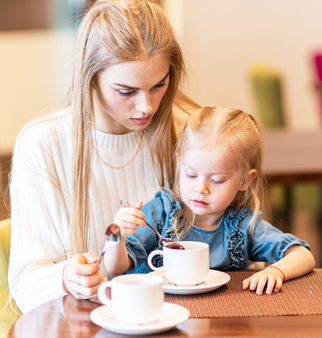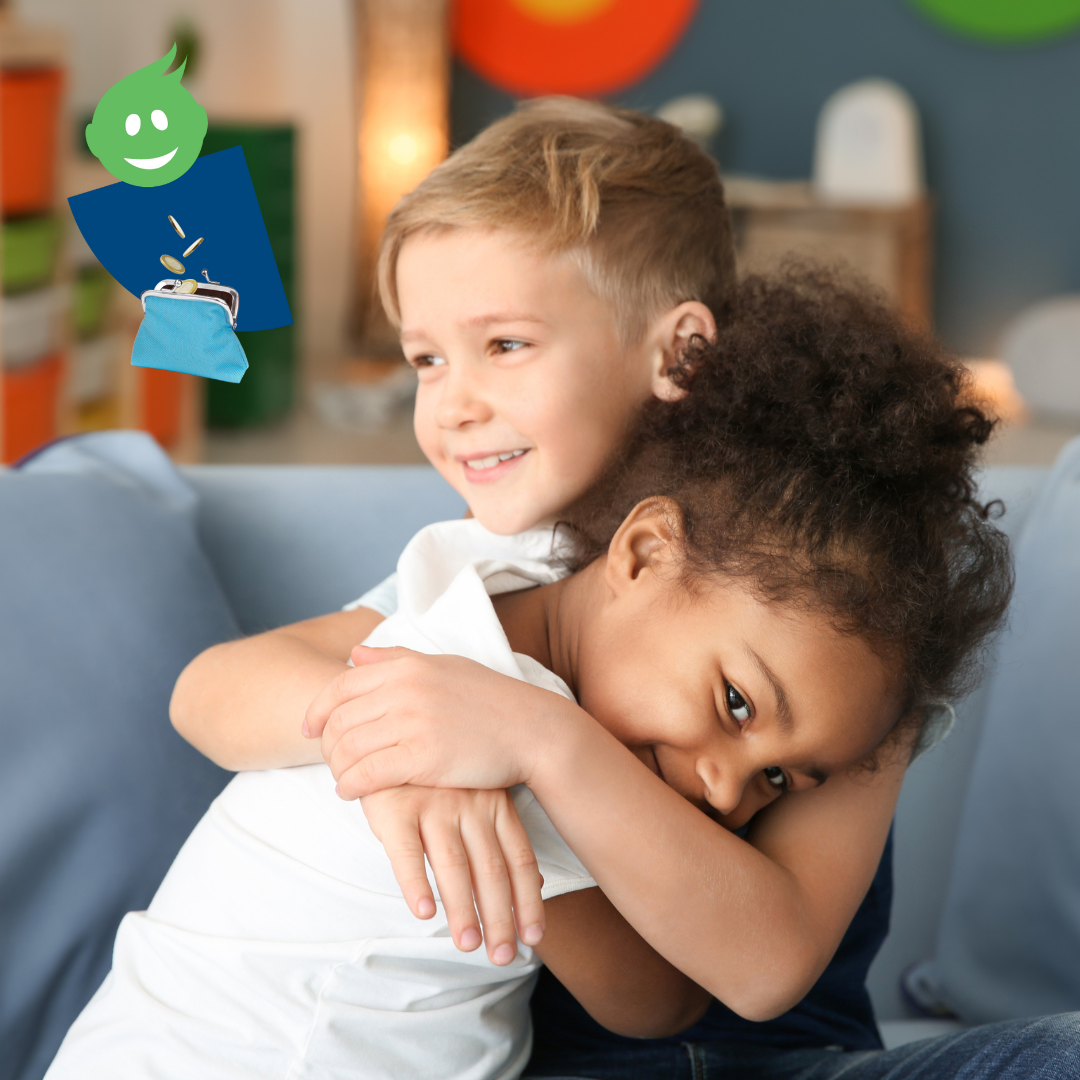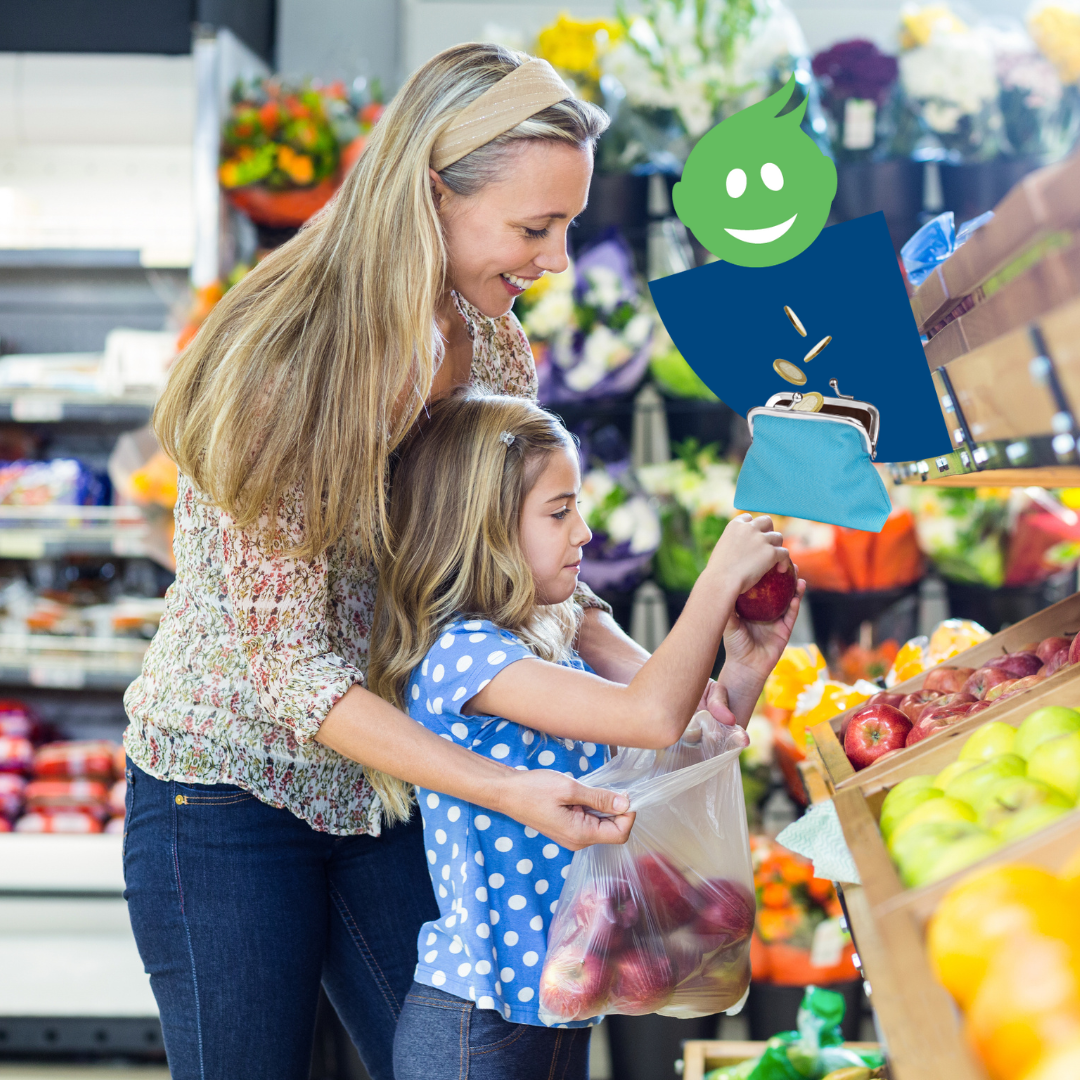Orphan’s allowance in Brussels


What is the orphan allowance?
The Orphan's Allowance is a Child Benefit supplement that applies when one or both parents have died.
- Monthly amount in addition to (or as a replacement for) your Child Benefit
- You receive this automatically providing you are entitled to it.
- Amount depends on your place of residence and family circumstances
Calculate the amount of your Orphan’s Allowance yourself.

Practical information about the orphan allowance
Children who lose 1 or both parents receive additional support. They are entitled to an orphan allowance (also known as 'care allowance for orphans' or 'orphan allowance') as long as they are entitled to Child Benefit.
When you become a (semi-)orphan, we as Child Benefit Fund are automatically notified by the National Registry. This period is difficult enough, you don't have to take care of anything yourself - unless it is a death abroad, in which case you have to provide us with the death notice.
Are you not automatically receiving the increased orphan allowance?
How much orphan allowance do you receive?
One of the parents has died
Both parents are deceased
- Hide nothing, tell the truth
Talk to the child. It’s best to involve children as much as possible, regardless how young. Make no mistake, they can sense when you’re hiding something. You certainly won’t help them by not talking about it: this will only make their grief process more difficult in the long run. Explain what’s going on and be as honest as possible. Create a safe environment in which to break the bad news. Try to express the message clearly and concisely, and use words that the child will understand. Make clear that the deceased parent is never coming back, no matter how hard that may seem. “Daddy has gone to sleep forever” can give the impression that their father might wake up at some point. Or it may make the child frightened to go to sleep, because: ‘who knows, they might also not wake up again.’
- Visit the deceased parent
Give the child the opportunity to visit their deceased mum or dad and say goodbye. However, don’t force them if they aren’t ready or don’t want to. But do talk about it. Perhaps the child is scared and you can help allay their fears. Allow the child to attend the funeral service. It won’t harm them; rather it will teach them that grief is part of life. Make sure that you give the child plenty of comfort and support.
- Keep the memories alive
It’s extremely important that children remember and continue to understand that mum and/or dad loved them very much. Making a memory box (filled with photos, a book, card or letter and other mementos) is a good way to reinforce this. It provides tangible memories of the parent who has died. Terminally ill parents can create this memory box themselves. Continue talking about the deceased parent, particularly at important events.
- Listen
Make sure the child knows that it’s okay to talk about their loss. And that it's all right to ask questions about their parent’s death. We tend to avoid discussing difficult subjects with children, mistakenly believing that it’s in their best interests. But they, too, need to be able to process their grief. And grief doesn't disappear by keeping silent. Children usually want to talk about their feelings, just in a different way from adults. If they hesitate or refuse, then give them the necessary space. Perhaps they find it easier to express their emotions through a drawing, for example. So listen carefully to the language that the child is using.
- Trust in the resilience of children
Have faith in the child: children often cope with difficulties better than we think. But, at the same time, make sure that they receive plenty of love and affection. Don’t be afraid to show that you're also feeling sad and miss the person who has died. Cry, cuddle, comfort ... be there for each other.
Frequently asked questions
Being a single parent doesn’t automatically entitle you to a social allowance.
Your family income must not exceed a certain threshold to be eligible to receive this. The fact that you are a single or divorced parent likely has an influence on your family income. This may make you eligible.
The threshold amounts and the composition of this Social Allowance depend on where you and your children live: Flanders, Brussels or Wallonia.
KidsLife automatically pays your Social Allowance if you are entitled to it! We do this following receipt of your tax return. We always receive this 2 years after the income year.
Example:
We (re)evaluate your Social Allowance for 2019 in 2021. We receive confirmation of your 2019 income from the federal government in 2021.
Eligible for this allowance and prefer not to wait 2 years? Contact your KidsLife adviser to submit an application.
View all of the conditions pertaining to the Social Allowance here
KidsLife assists low-income families by paying them a supplementary allowance: the Social Allowance.
The Social Allowance is entirely dependent on your personal situation: your place of residence, your income and your family circumstances.
View all of the conditions that apply to your Social Allowance here
If your family income changes, this can affect your entitlement to the social allowance and the selective participation allowance (school allowance). Your entitlement is automatically investigated based on your income from 2 years ago (via your tax return). Suddenly earning significantly more and receiving a social allowance from KidsLife?
Then please notify us so that we can terminate your social allowance and consequently prevent a potential clawback payment.
Now earning significantly less and not currently receiving a social allowance from KidsLife? Then contact us so that we can send you the relevant form. Please complete this form specifying your income and return it to us, together with the necessary supporting documents.
Your family may be entitled to supplementary child benefit in addition to the standard Growth Package and Child Benefit amounts (to which every child is entitled). You can view all types of supplementary child benefit here.
In many cases you needn’t submit a request for supplementary child benefit and we automatically ensure that you receive the correct entitlement. However, you may have to submit a request to KidsLife in certain situations. Believe that you qualify for an allowance, but aren’t currently receiving it? Then please contact your KidsLife adviser, who’ll gladly assist.
Your local authority automatically notifies us of any changes to your family circumstances via the Crossroads Bank.
Does this change to your family circumstances have an impact on your Child Benefit or Growth Package payments? Your KidsLife adviser will make the necessary adjustments to ensure that you receive the correct payments.
Want to calculate your entitlement?
Questions about the orphan allowance? Then be sure to contact your KidsLife advisor.







